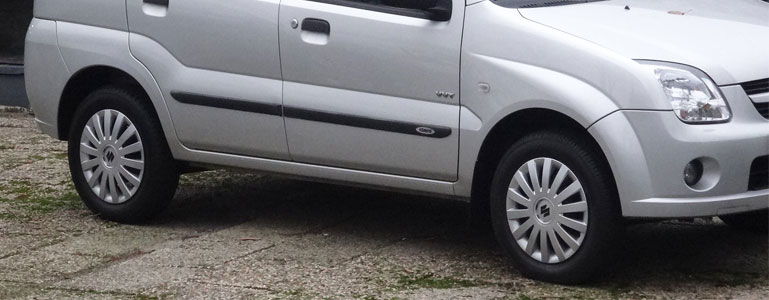The rollout of charging points has been a major issue and with the UK government deciding to impose a ban on combustion-engine vehicles from 2030, there has been a rapid race. The electric vehicle charging industries knew immediately how much work they would have to put to meet the demands.
Currently, there are no many charging stations in remote areas, and that’s a major issue. London gets 38% of the charging network where Wales receives only 3.5%. This issue was recognized by a government spokesman who said, to address the challenges related to this issue we need collaborative work. The Welsh government is working with the transport ministry to deploy rapid charging facilities. Initially, facilities will be installed in 9 locations and could be installed in more locations in the future. He didn’t think rolling out charging stations in rural areas would be commercially viable. He said private companies can’t do this on their own and the government has to play its part.

If a network is to be created that can support millions of electric vehicles in the coming years, the private and public sectors need to collaborate. However, the government authorities would have to ensure transparency.
He said the government, car manufacturers, energy distributors, and regulators need to work together. A majority of the EV chargers are installed in the existing service stations. So, it can happen that the government won’t be able to enforce the ban on traditional vehicles, and would need to extend the deadline, instead. The regulators can ensure the private sector remains honest and doesn’t start overcharging.
Under direction from the government, the private companies should install a network of chargers. You can retrim the cabin and make it special if you have spare more money. The material appeal and build quality has certainly been improved, but it couldn’t escape the business-like atmosphere.